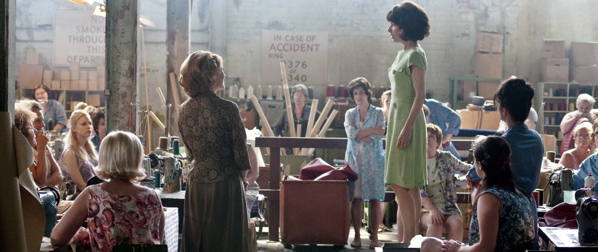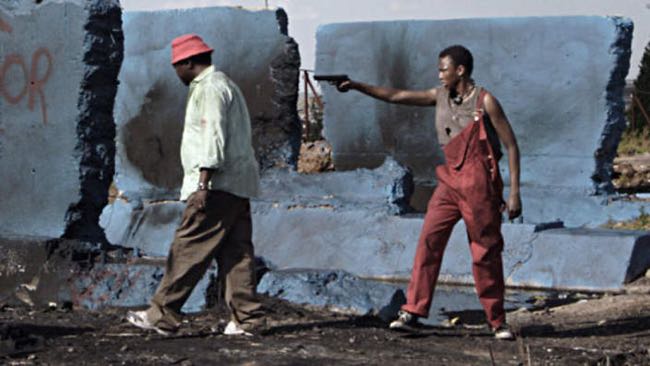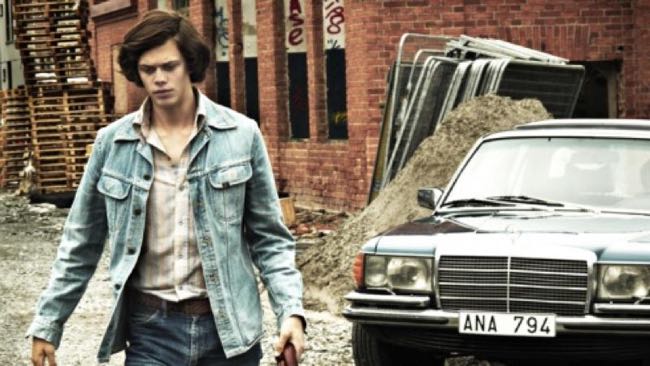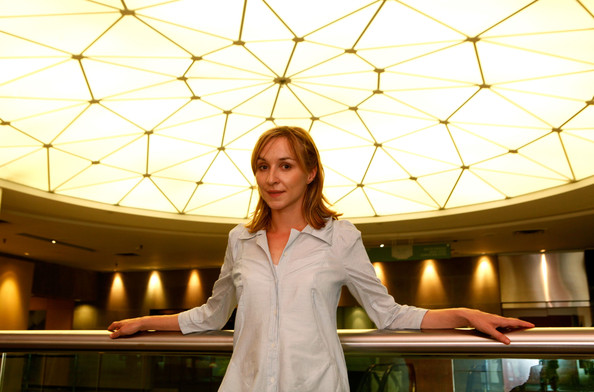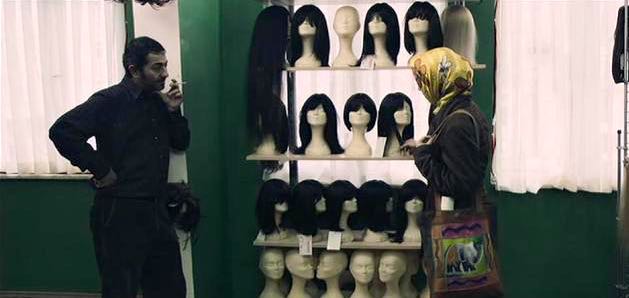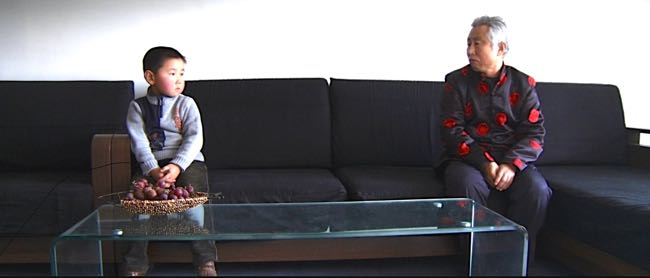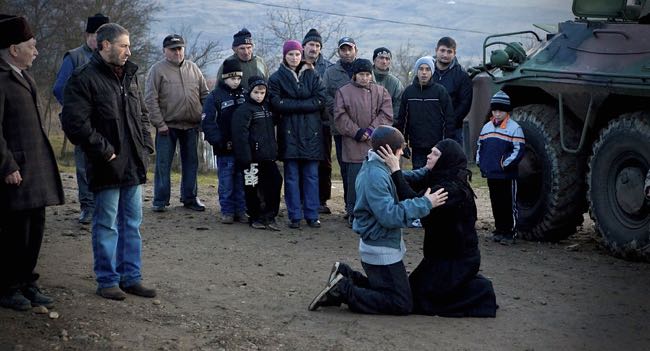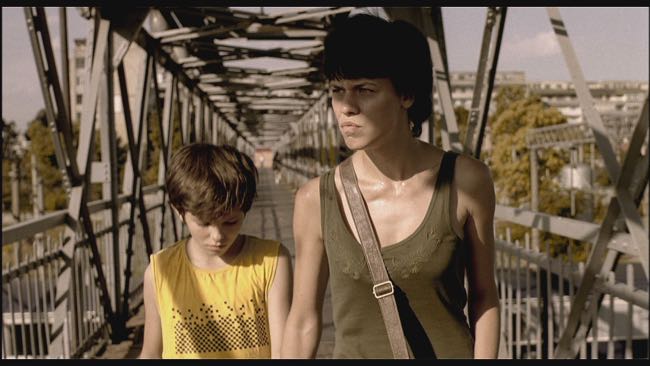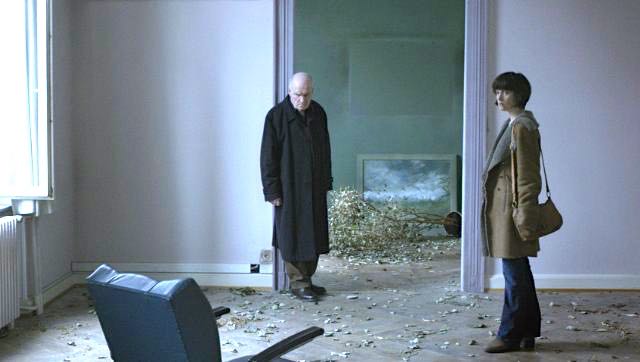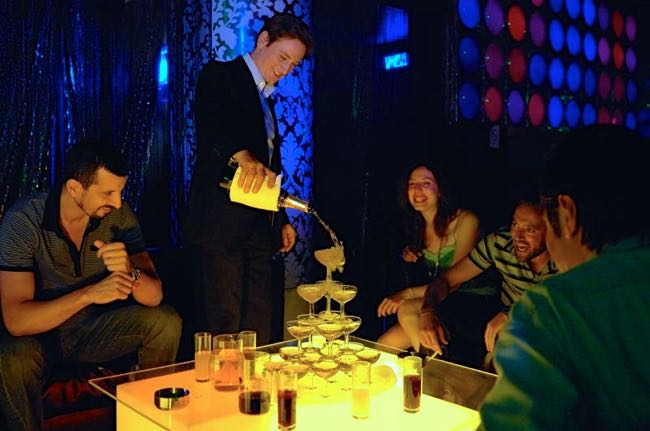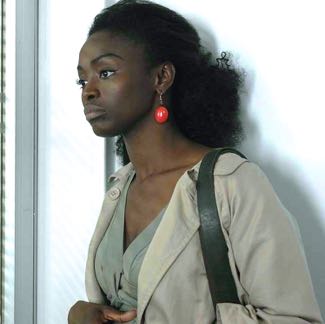By Ray Bennett
TORONTO – The real-life tale of a group of female machinists who took on the Ford Motor Company in England and earned equal pay for women gets a rousing and entertaining telling in Nigel Cole’s crowd-pleasing “Made in Dagenham.”
Sally Field won her first Oscar in 1979 playing a reluctant union activist in Martin Ritt’s “Norma Mae” and history might repeat itself with Sally Hawkins as Rita O’Grady, the leader of 187 women who went on strike against the auto giant in the late 1960s.
Like Cole’s “Calendar Girls,” it’s a story about no-nonsense women doing their bit for the right cause and, especially in these tough economic times, it should strike a rich seam of rewards from audiences everywhere.
Period authenticity is nailed within the film’s sunny design and sharply drawn characters with Britain’s class structure and male-oriented industries depicted without fuss. It was a simple fact that women were required to do the same work as men but for far less pay. When the machinists at Ford’s huge plant in Dagenham, near London, objected to being classified as non-skilled workers in order to keep their wages down, they not only objected but also took action with game-changing impact.
Hawkins plays one of the “girls” whose husband Eddie (Daniel Mays) also works at the plant. When shop steward Connie (Geraldine James) finds taking care of her war-wounded husband (Roger Lloyd-Pack) to much, she is glad to hand things over to Rita.
Bob Hoskins plays a wise old union hand whose affection for the hard-working women in his family drives him to support the women’s struggle. Kenneth Cranham is the plant’s union chief who is usually willing to get into bed with management so long as peace is maintained.
Andrea Riseborough and Jaime Winstone are among the feistier women at the plant and Rosamund Pike plays a posh educated woman whose marriage to a Ford executive (Rupert Graves) has turned her into a reluctant housewife but not made her lose her drive.
Miranda Richardson has a rare old time as the redheaded and fiercely political Barbara Castle, the Labour minister in charge of employment who rebelled against not only Ford but also her own Prime Minister, Harold Wilson (John Sessions).
Screenwriter William Ivory gives just enough back-story to provide heft for the characters and Cole draws sprightly performances from the entire cast without making the women into caricatures. Hopkins plays in a minor key satisfyingly and Hawkins is as upbeat as she was in “Happy-Go-Lucky” but with a wariness and steeliness that should win over those who were put off with the chatter of the teacher she played in that film.
Andrew McAlpine’s production design and John de Borman’s cinematography combine to depict the era without resorting to cliché and David Arnold provides an apt score that never tries to milk the situation.
Venue: Toronto International Film Festival; Distributor: Sony Pictures Classics; Production company: Hanway Films; Cast: Sally Hawkins, Bob Hoskins, Andrea Riseborough, Geraldine James, Rosamund Pike, Miranda Richardson; Director: Nigel Cole; Screenwriter: William Ivory; Producer: Stephen Wooley, Elizabeth Karlsen; Director of photography: John de Borman; Production designer: Andrew McAlpine; Music: David Arnold; Costume designer: Louise Stjernsward; Editor: Michael Parker; No rating, running time 113 minutes.
This review appears in The Hollywood Reporter

